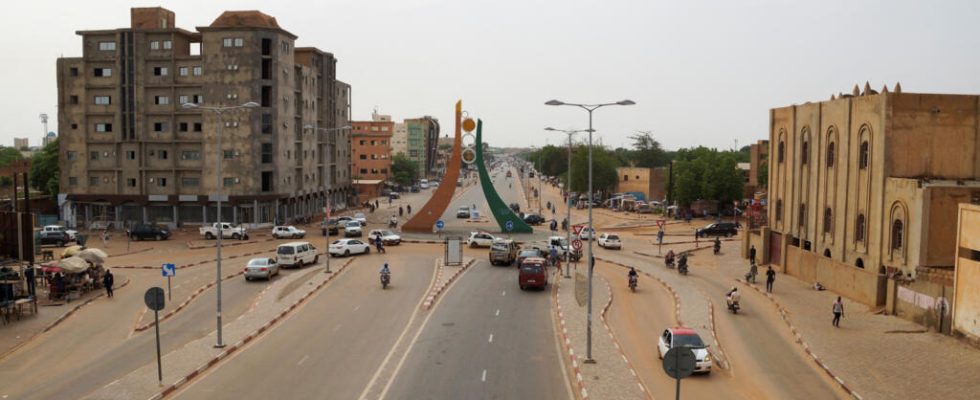In Niger, the ruling National Council for the Protection of the Homeland (CNSP) dissolved the councils of local authorities by order of General Tiani, the country’s strongman, on April 4, 2024. These elected officials had remained in place following the coup. Status of July 26, 2023. They are now replaced by delegated administrators, appointed by decree of the head of the CNSP. A majority of them come from the ranks of the Defense and Security Forces.
2 mins
At Nigerthe regional councils, cities and districts are dissolved, by order of the president of the National Council for the Protection of the Fatherland (CNSP), a structure which overthrew the president Mohamed Bazoum on July 26, 2023.
These councilors, from the local elections at the end of 2020, were the only elected officials still in place since the coup d’état. The Nigerien Party for Democracy and Socialism (PNDS) of Mohamed Bazoum and Mahamadou Issoufou (president of the country from 2011 to 2021) then won nearly 1,800 seats, out of more than 4,000.
Read alsoNiger: justice orders the release of two relatives of Mohamed Bazoum
By another decree, the General Tiani appoints the people responsible for leading the 266 communes of Niger. A list of 105 delegated administrators, including more than 80 from the Defense and Security Forces. Twenty-three others are civilians. In the capital, Niamey, mayor Oumarou Dogari is, for example, replaced by an army colonel.
The CNSP does not explain this decision
The CNSP press release does not explain its decision. A month after the coup, local authorities expressed their support for the CNSP. But, in civil society, certain organizations did not find it logical to maintain these elected officials after the coup d’état, while the Constitution is suspended and the various institutions dissolved.
As a reminder, in the weeks following the takeover, the CNSP appointed new governors and prefects at the head of the country’s regions and departments.
